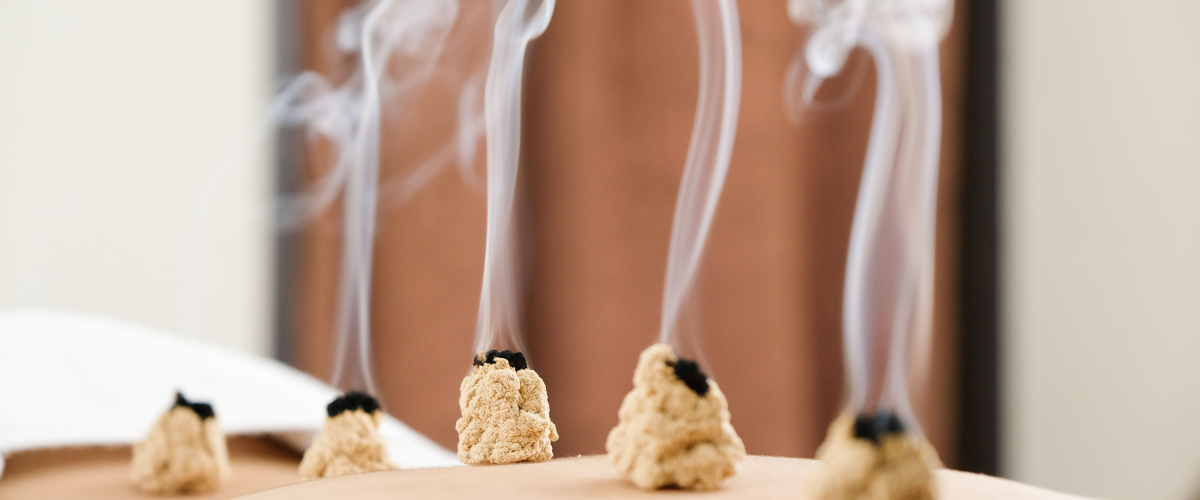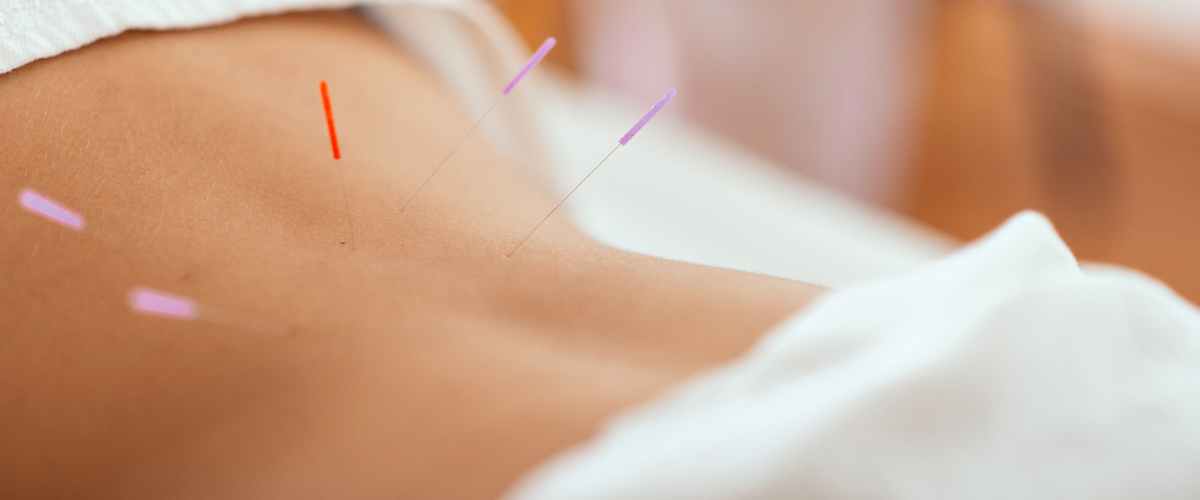Acupuncture is a traditional Chinese medicine practice that involves the insertion of thin needles into specific points on the body to stimulate and balance the flow of energy. While it has been used for centuries to treat various health conditions, acupuncture has also gained recognition for its potential benefits in assisting with Intra-Cytoplasmic Sperm Injection (ICSI) In Vitro Fertilization (IVF). ICSI IVF is a highly specialized assisted reproductive technology, and acupuncture may offer several advantages during this complex process. By promoting relaxation, reducing stress, improving blood flow, and regulating hormonal levels, acupuncture has the potential to enhance the success rates of ICSI IVF procedures and improve overall reproductive outcomes.

What is the success rate of ICSI IVF?
The success rate of ICSI (Intracytoplasmic Sperm Injection) IVF varies depending on several factors such as the age of the woman, the quality of the embryos, and the underlying cause of infertility. On average, the success rate for ICSI IVF is around 50-80% per cycle. However, it is important to note that success rates can vary between different fertility clinics and individual cases. It is best to consult with a fertility specialist who can provide personalized information regarding the chances of success based on specific circumstances.

Are there any long-term health risks associated with ICSI IVF?
ICSI (Intracytoplasmic Sperm Injection) IVF is a technique used in assisted reproductive technology to treat infertility. While the procedure itself does not pose any significant long-term health risks, there are potential concerns related to the use of fertility drugs and the possible increase in multiple pregnancies, which carry their own risks. Additionally, studies have suggested a slightly higher risk of certain genetic disorders in children conceived through icsi ivf compared to natural conception, although the absolute risk remains low. It is essential for couples considering this procedure to discuss these potential risks with their healthcare provider to make informed decisions about their fertility treatment.
How does ICSI IVF differ from traditional IVF?
ICSI (Intracytoplasmic Sperm Injection) IVF differs from traditional IVF in the way fertilization is achieved. In traditional IVF, multiple sperm are placed in a petri dish along with the egg, and natural fertilization occurs when one sperm penetrates and fertilizes the egg. However, in ICSI IVF, a single healthy sperm is selected and directly injected into the egg using a micromanipulation technique. This method is usually used when the male partner has low sperm count or poor sperm quality, as it ensures that fertilization takes place even with limited or compromised sperm. Overall, ICSI IVF has a higher success rate and allows couples with severe male infertility issues to achieve pregnancy.
Can ICSI IVF be used for all types of infertility?
ICSI (Intracytoplasmic Sperm Injection) IVF can be used as an effective treatment for various types of infertility. It is particularly beneficial for couples who struggle with male factor infertility, where the sperm quality or quantity is insufficient for natural fertilization. This technique enables a single sperm to be directly injected into an egg, bypassing any potential barriers or difficulties in sperm-egg interaction. However, ICSI IVF is not limited to only male factor infertility and can also be employed for other conditions such as unexplained infertility, advanced maternal age, or previous failed attempts at conventional IVF. Ultimately, the suitability of ICSI IVF depends on the specific circumstances and recommendations of the fertility specialist after a thorough evaluation of the couple’s medical history and diagnostic tests.
What are the potential side effects of ICSI IVF?
ICSI (Intracytoplasmic Sperm Injection) is a specialized technique used in IVF (In Vitro Fertilization) where a single sperm is directly injected into an egg to facilitate fertilization. While ICSI IVF has proven to be successful in overcoming male infertility issues, there are potential side effects associated with the procedure. Some common side effects include ovarian hyperstimulation syndrome (OHSS), which can cause abdominal pain, bloating, and nausea, as well as multiple pregnancies if multiple embryos are transferred. Additionally, there is a small risk of infection, bleeding, or damage to the surrounding structures during the egg retrieval process. It is crucial to discuss these potential side effects with a healthcare professional before undergoing ICSI IVF.

Is ICSI IVF more expensive than traditional IVF?
ICSI IVF (Intracytoplasmic Sperm Injection In Vitro Fertilization) is generally more expensive than traditional IVF. This is because ICSI involves a more specialized and precise technique of injecting a single sperm directly into the egg, whereas traditional IVF involves combining the sperm and eggs in a dish and allowing fertilization to occur naturally. The extra steps and labor-intensive nature of ICSI usually result in higher costs for the procedure. However, the exact cost difference may vary depending on individual clinics, geographic location, and specific circumstances.
Are there any lifestyle changes that need to be made before undergoing ICSI IVF?
Before undergoing ICSI (Intracytoplasmic Sperm Injection) IVF (In Vitro Fertilization), a few lifestyle changes may be recommended. It is generally advised to maintain a healthy lifestyle by following a nutritious diet, engaging in regular exercise, and managing stress levels. Quitting smoking and avoiding excessive alcohol consumption is crucial, as they can negatively affect fertility and the success rates of IVF. Additionally, maintaining a healthy weight and addressing any underlying medical conditions can also improve the chances of successful ICSI IVF treatment. Consulting with a healthcare professional or fertility specialist is important to receive personalized advice based on individual circumstances.

What happens to the remaining embryos after an ICSI IVF cycle?

After an ICSI IVF cycle, any remaining embryos that are not transferred to the woman’s uterus can be cryopreserved or discarded. Cryopreservation involves freezing the embryos at a very low temperature, using a process called vitrification. These frozen embryos can be stored for future use, allowing couples to have additional chances of achieving pregnancy without undergoing another full IVF cycle. On the other hand, if the couple decides not to store the remaining embryos or if they have completed their family, the unused embryos may be discarded according to ethical and legal guidelines.
Exploring the potential benefits of acupuncture in conjunction with ICSI IVF
In conclusion, acupuncture and ICSI IVF can be considered as complementary therapies that can potentially enhance the success rate of in vitro fertilization procedures. Acupuncture has shown to reduce stress levels, improve blood flow to the reproductive organs, and regulate hormonal balance, all of which are crucial factors for successful conception and implantation. Additionally, when combined with ICSI IVF, acupuncture may further increase the chances of a successful pregnancy by improving the quality of embryos and enhancing the overall reproductive environment. However, more research is needed to fully understand the mechanisms behind these effects and determine the optimal timing and frequency of acupuncture sessions. Nonetheless, the growing body of evidence suggests that acupuncture could be a valuable adjunctive therapy for individuals undergoing ICSI IVF, ultimately offering hope to those struggling with infertility.
